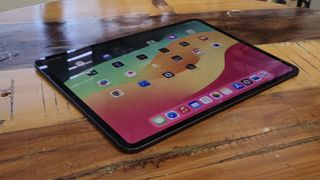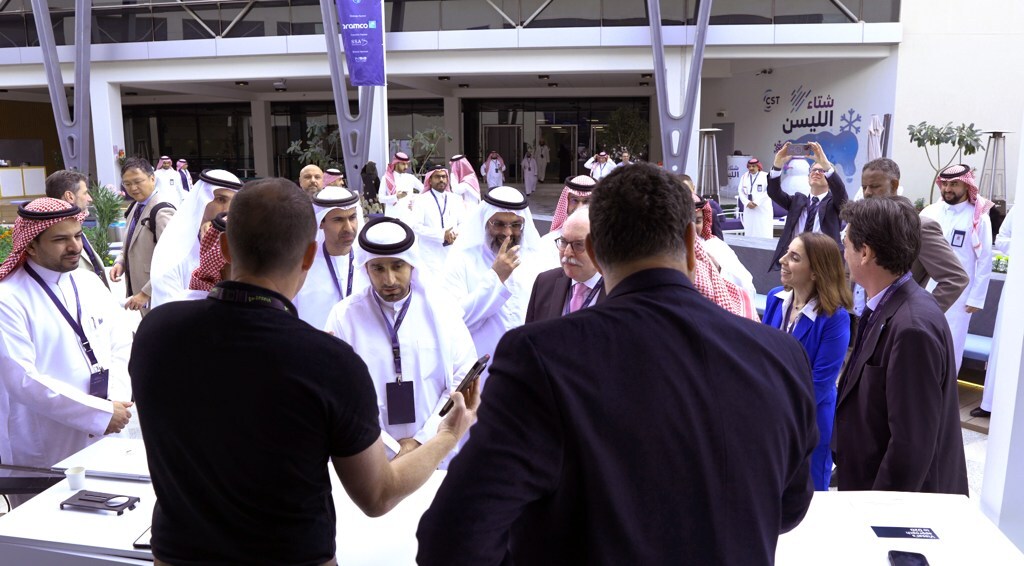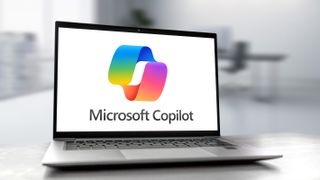
Zameer Rizvi is CEO and Founder of Odesso , improving patient outcomes through artificial intelligence and machine learning. According to McKinsey researchers , generative AI (GenAI) has the power to "unlock a piece of the unrealized $1 trillion of improvement potential present in the [healthcare] industry." Underfunded and overburdened, the sector is far from delivering on its core and fundamental mission, which is to continuously improve and better the lives of patients.
GenAI can change that with its ability to usher in an enormous amount of enterprise intelligence, freeing up clinical resources and enabling healthcare professionals to focus on higher-value tasks. At this moment in time, this is exactly what the healthcare sector needs. In this article, I share findings from my two decades of automation experience that landed me at the helm of the most impactful application of GenAI technologies today.

GenAI is a timely fit for the healthcare industry in helping provide better outcomes to patients. There are myriad ways GenAI can help in specific medical domains and deep clinical specialties. But this article will keep to a 30,000-foot view in looking at the impact of GenAI at large.
To do this, I believe we need to look at how GenAI can enhance accuracy, efficiency and vocational fulfillment. I intend to address deeper domain impacts of GenAI in subsequent writings. Exploring The Benefits Of GenAI In Healthcare There are a number of ways GenAI can contribute to transforming the healthcare industry.
Reducing Time, Money And Pressure GenAI’s learning and performance potential makes it easy to augment an array of tasks, lifting pressure off clinicians. By the sheer virtue of its immense computational power, GenAI can read, interpret and action vast amounts of specialized information within a few seconds. In contrast, the same information may take a lot more time for a human to process.
A GenAI-based system can understand and synthesize the most important details from a vast amount of information, potentially saving a clinician about 20% of their time to spend on the things that matter. Automating these repetitive administrative tasks that traditionally require manual labor and massive time commitments helps improve healthcare professionals’ work-life balance as they deliver high-quality care. The 85 Best Black Friday Deals So Far, According To Our Editors 60+ Early Black Friday Deals Worth Shopping Right Now For example, instead of healthcare providers having to manually file patient information into a system, they can simply upload their handwritten note, PDF, image or other document and GenAI can extract the key information from it and enter the data into the system on their behalf.
If you think about the number of patients one doctor sees in a day, which was between 11 and 20 in 2018, this takes a heavy load off. In the same year in the U.S.
, roughly every 300 doctors served 100,000 patients , making GenAI’s support in this arena significant. Accelerating Healthcare Processes In today’s systems, clinicians are burdened not only with the pressure of delivering quality care but also with documenting, uploading, submitting and reading reports, as well as calling tech support when they run into issues. But what if most of these manual, repetitive and low-value tasks could be automated? Well, that's possible now with GenAI.
Let's compound the time, money and user frustration saved and shift our focus to the speed at which this low-value work can be performed. With the computing power of a machine averaging 10 million times faster than a human brain, GenAI can also increase the turnaround time of processes and patient results. In the past, some lab results might have required hours or even days to process.
GenAI can shorten the patient's wait times and allow life-saving treatments to be delivered sooner. Reducing Human Error Finally, accuracy is the most important consideration in healthcare—without it, it's impossible to properly treat patients. According to a 2018 Johns Hopkins study, over 250,000 people each year die in the U.
S. as a result of human error. This is a major public issue that we're still facing today.
GenAI has the potential to change this. It can automate regular data reviews and more accurately process electronic medical records (EMRs) and diagnostic reports (like radiology images or lab results). It can also quickly analyze vast amounts of medical data and identify red flags, patterns and anomalies the human eye can't detect, adding a layer of assurance in the diagnosing process.
In some implementations of GenAI, we’ve been able to achieve 98% accuracy , which is comparable or better than what humans achieve today. Addressing The Challenges Of GenAI In Healthcare Sufficient Training Is Required One consideration is that healthcare providers will need to familiarize themselves with the new technology, as the legacy systems currently being used will need to be updated, changed or completely replaced. Just like with any new tool, after a training period, it will be easier to use.
Machine Learning Relies On The Data It’s Fed Another consideration is that although GenAI can be a powerful tool, it’s exactly only that—a tool. It’s only as powerful as the information and data it's given, and if it’s built off of bias or flawed data, that’s what it will use as its baseline. Therefore, it's the responsibility of those inputting and collecting the data to keep the system robust.
Security Risks Involved Lastly, just like with any technology, there are security risks involved. We're all too familiar with data leaks and hacks, and the number and severity of attacks today are only increasing. It's important that all clinics and hospitals have a risk mitigation plan in place.
This should be taught and learned as part of training. Conclusion Many industries are going to be affected by GenAI and machine learning. Healthcare, however, might be the most apparent.
There are numerous applications of GenAI, making it an exciting time in human history for clinical advancements—be it getting more personalized healthcare advice from your clinician or letting them simply become better, more efficient doctors because they have so much more time freed up. GenAI in healthcare is leading to growing opportunities. It's time for healthcare providers to explore its potential.
Forbes Technology Council is an invitation-only community for world-class CIOs, CTOs and technology executives. Do I qualify?.














